Must-Have Social Media KPIs to Track to Measure Your Company Success
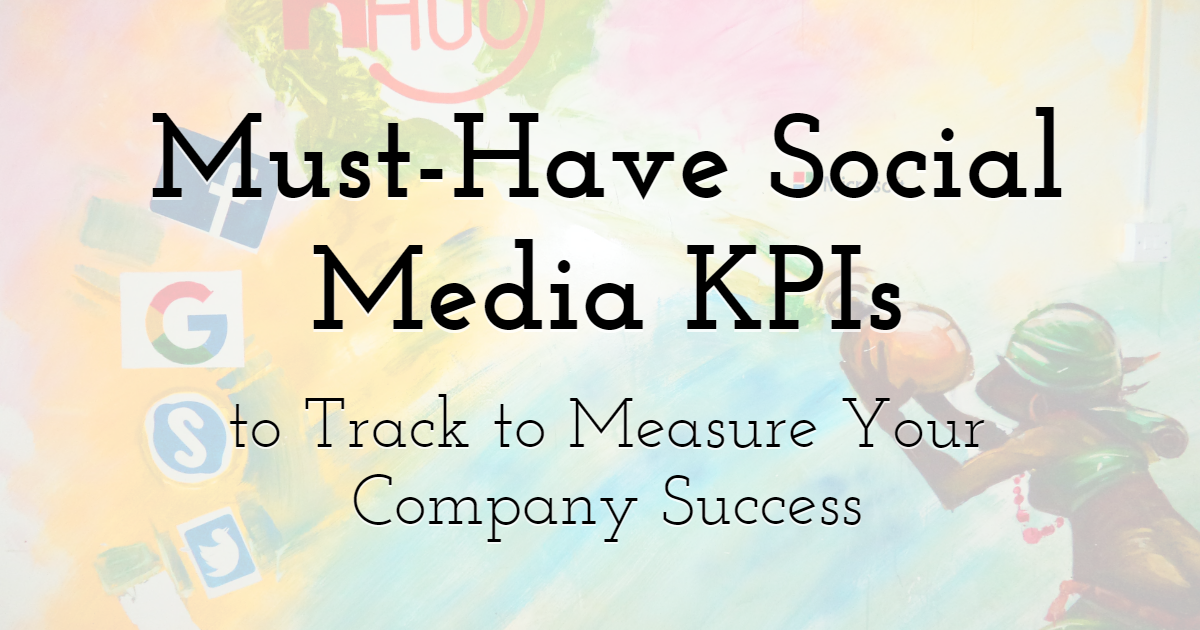
Promote your producs with appealing ads & animated designs made
with PixTeller
online banner maker & free animated GIF creator.
Is your social media strategy succeeding in growing your online following and bringing you new customers?
Many businesses simply aren't sure. They spend time and resources on social media marketing, but they don't really know whether this is paying off.
Why Should You Track Social Media KPIs?
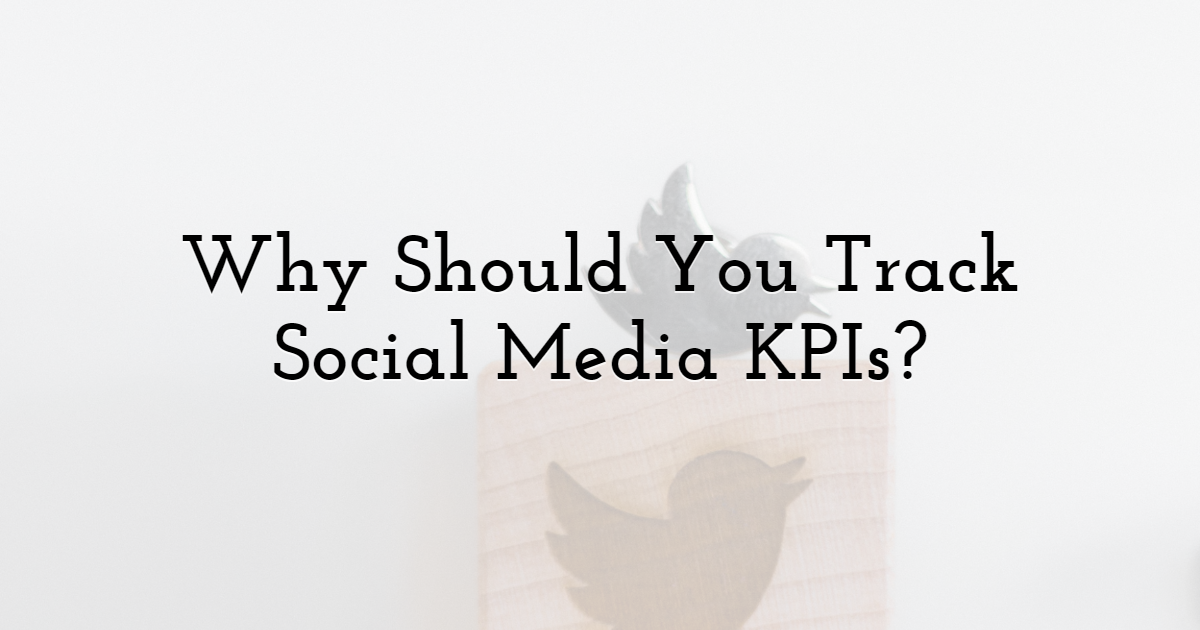
Social media KPIs (key performance indicators) let you look at your performance over time. They're metrics that you can measure. You're probably already aware of some social media metrics, like your follower count. But there are lots of other metrics that you could track.
Tracking your social media KPIs lets you:
- • Set clear, actionable goals for your social media manager or team.
- • Spot patterns in what is (and what isn't) working on social media.
- • Understand whether or not you're getting a good ROI (return on investment) for your time spent or money spent on social media marketing.
- • Ultimately, achieve your business goals, such as gaining more customers.
- • Spot emerging problems quickly, such as slow customer service responses or negative reviews from customers.
Even if you're a solopreneur running a one-person business, it's important to understand and track key social media KPIs. After all, with very limited time or budget for social media, you need to be sure that you're creating effective content when scheduling a post on social media.
Ten Crucial Social Media KPIs to Track
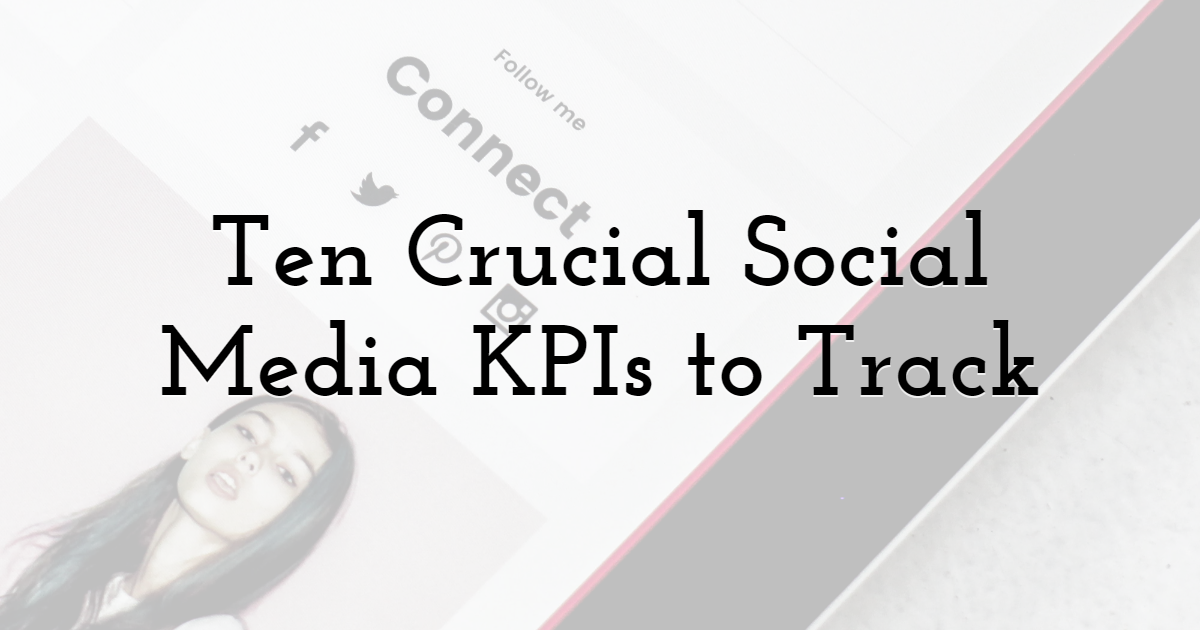
Here are 10 of the most important social media KPIs to understand and track so that you can measure how your company is doing.
Tip: You don't have to start tracking all these social media KPIs instantly. Instead, choose 2 - 4 that you think will make the biggest difference to your business.
[1] Followers

One of the simplest KPIs is your number of followers. The more followers, the better. Don't just look at the total figure, though. You will also want to track how many followers you're gaining each week or month.
If you don't seem to be gaining followers, that could be because your content is rarely being shared, or because you aren't linking prominently to your social media profiles from your website, email newsletter, and other resources.
[2] Impressions

Each piece of content you publish on social media will have several impressions. This is how many times the post has been visible in someone's timeline. That could be because the person follows you or because someone has shared your content.
Note that an impression doesn't necessarily mean that the person noticed or read your post. Also, you might have multiple impressions for one follower. However, you can assume that if your impressions are growing, more and more people see your social media content if your impressions are growing.
[3] Shares

Shares tell you how many people are sharing your posts with their followers. Content that's shared a lot will have a much higher potential reach (the number of people who could see it).
It's a good idea to track what types of posts typically get shared. For instance, you might find that social media posts with creative soial media post tend to get shared a lot.
[4] Share of Voice
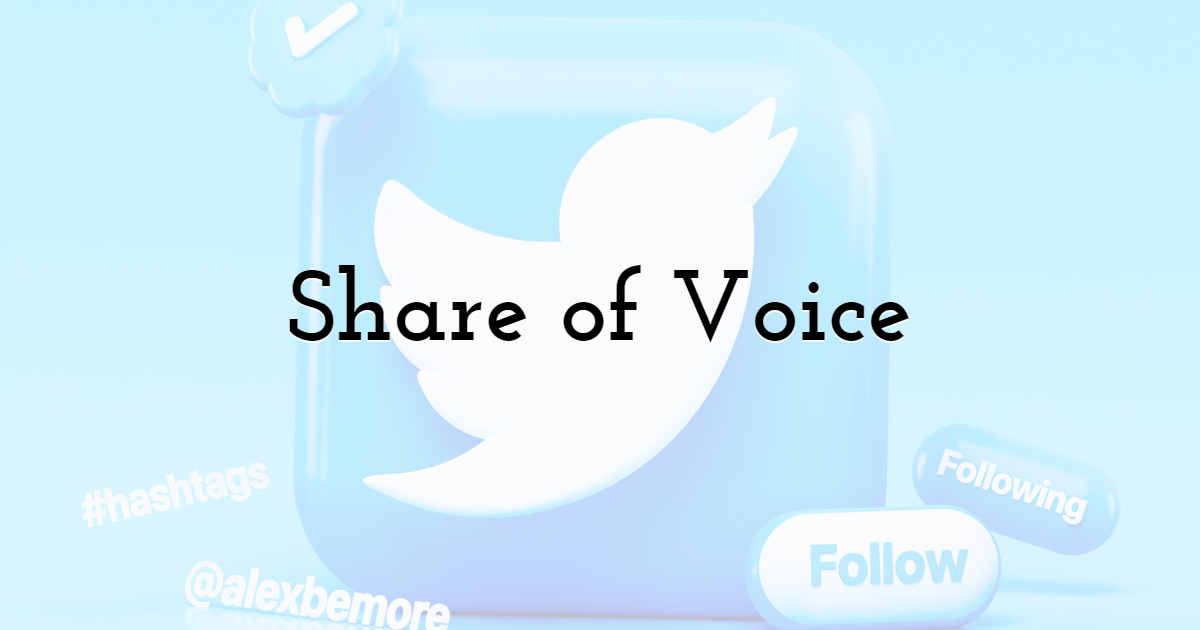
Share of voice is a percentage that represents how much your brand is being talked about versus other brands. You can calculate it by taking your total number of mentions on social media, dividing that by the mentions of your brand plus any competitors, then multiplying by 100.
[5] Referrals

Referrals count how often someone comes to your website from social media. If you're using Google Analytics, you'll see your referrals split into different sources -- such as "Social" for social media. (This is then further broken down by network.)
The more referrals you get, the better. Increasing the number of referrals from social media to your website usually means that you'll also increase the number of conversions.
[6] Conversions

A conversion is when someone buys a product from you. If you prefer, you could also count conversions for other actions, like joining your mailing list or donating to your non-profit.
Your social media posts can drive conversions: when someone visits your website from a social post then buys or takes action, that's a conversion.
Tip: Conversions are one of the most important metrics to track as they directly impact your bottom line. While it's nice to have lots of followers, impressions, and shares, these don't really count for anything if they're not also increasing conversions.
[7] Click-Through Rate (CTR)
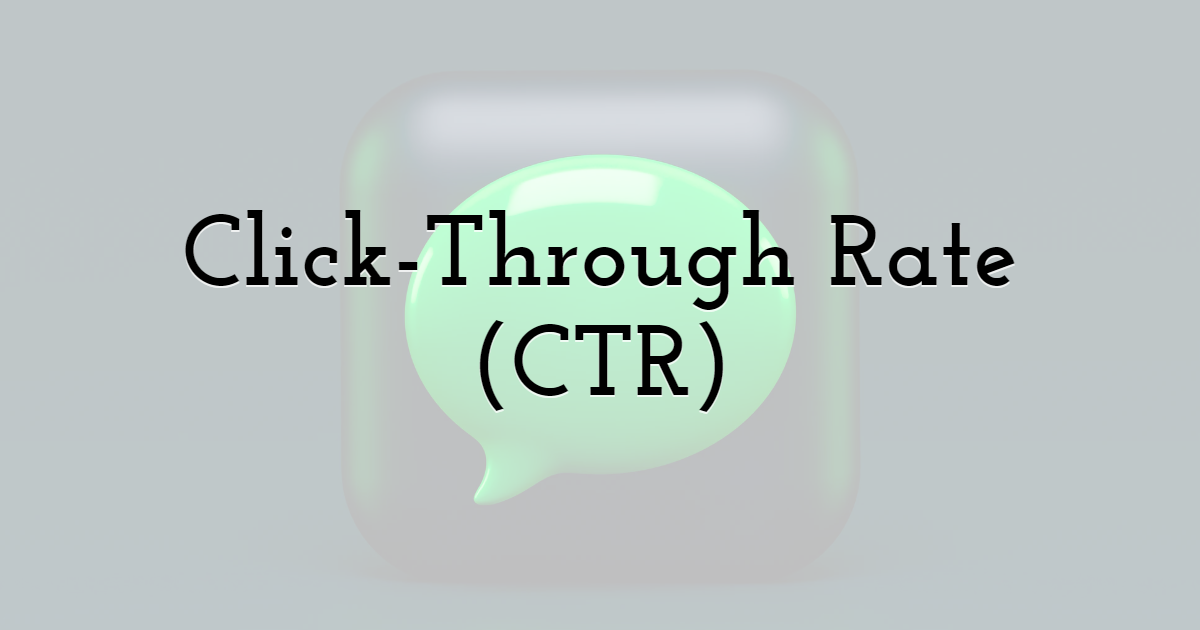
Your click-through rate is a percentage showing how many people click through to your website after viewing a particular piece of content. Posts with a lot of click-throughs are likely to result in a higher number of conversions.
If you're running ads on social media, it's essential to pay attention to your click-through rate. A high click-through rate means your ad is performing effectively.
[8] Response Rate
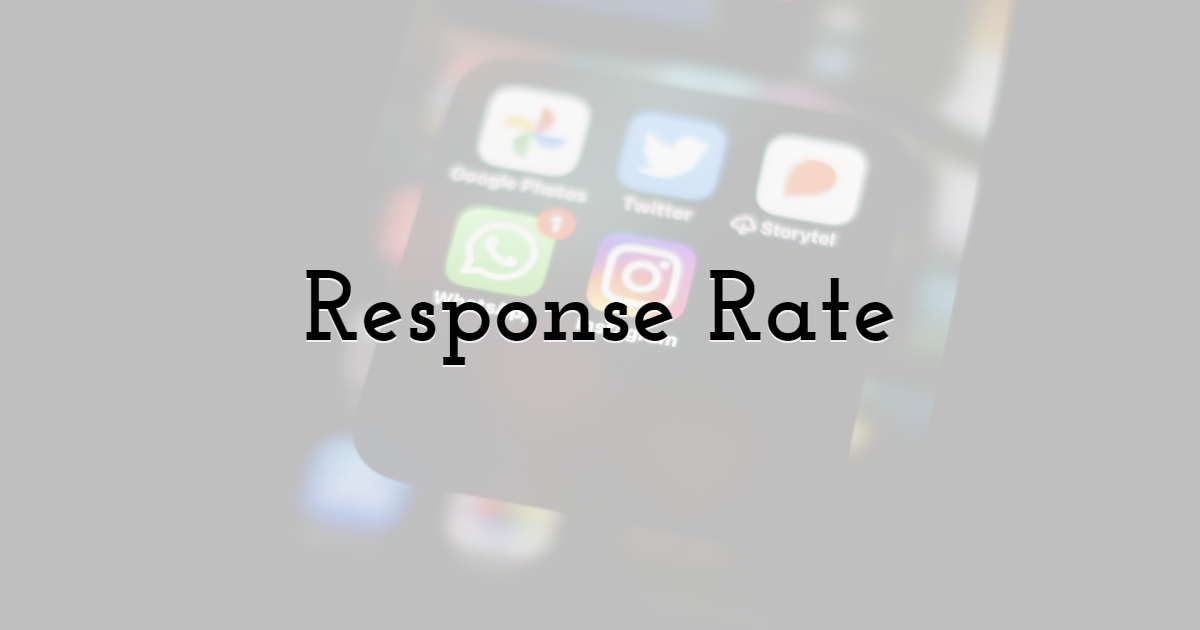
If you provide any customer service through your social media accounts, you need to track your response rate. If messages are going unanswered, that will cause issues like frustrating customers or losing your potential sales.
Your response rate helps you get a quick sense of how things are going in the customer service department. If the response rate goes down, that could indicate that you need to hire more customer service reps.
[9] Response Time
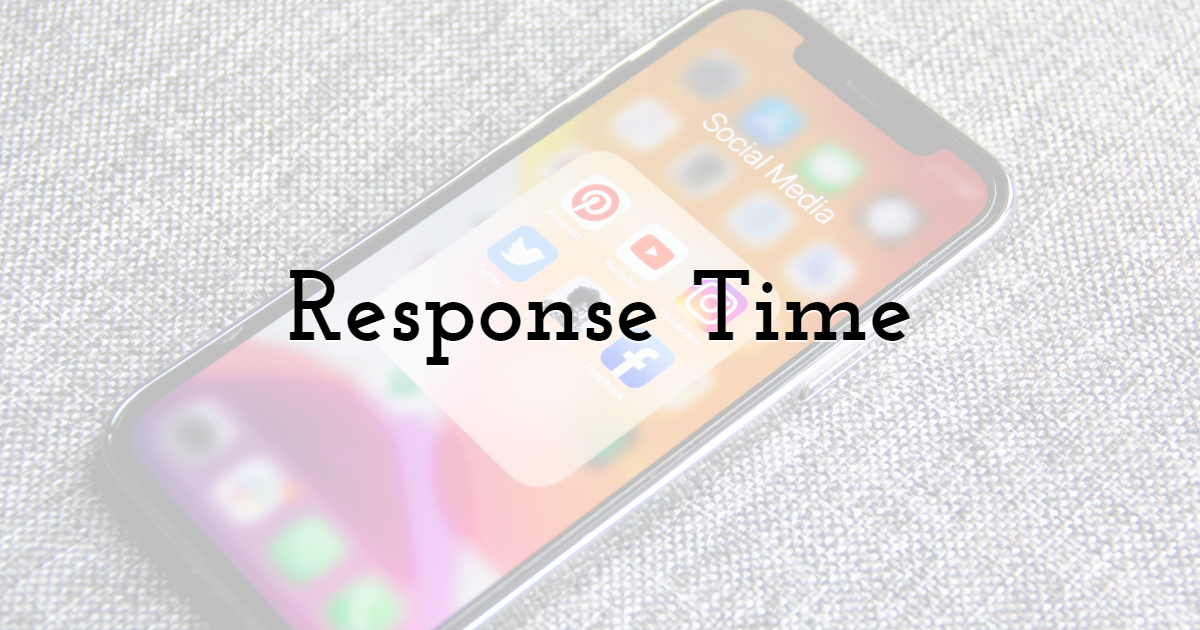
Response time shows how quickly you respond to customers on social media, on average. Many companies will aim to get this time down relatively low, as customers won't want to wait days (or even hours) for a response.
[10] Average Rating
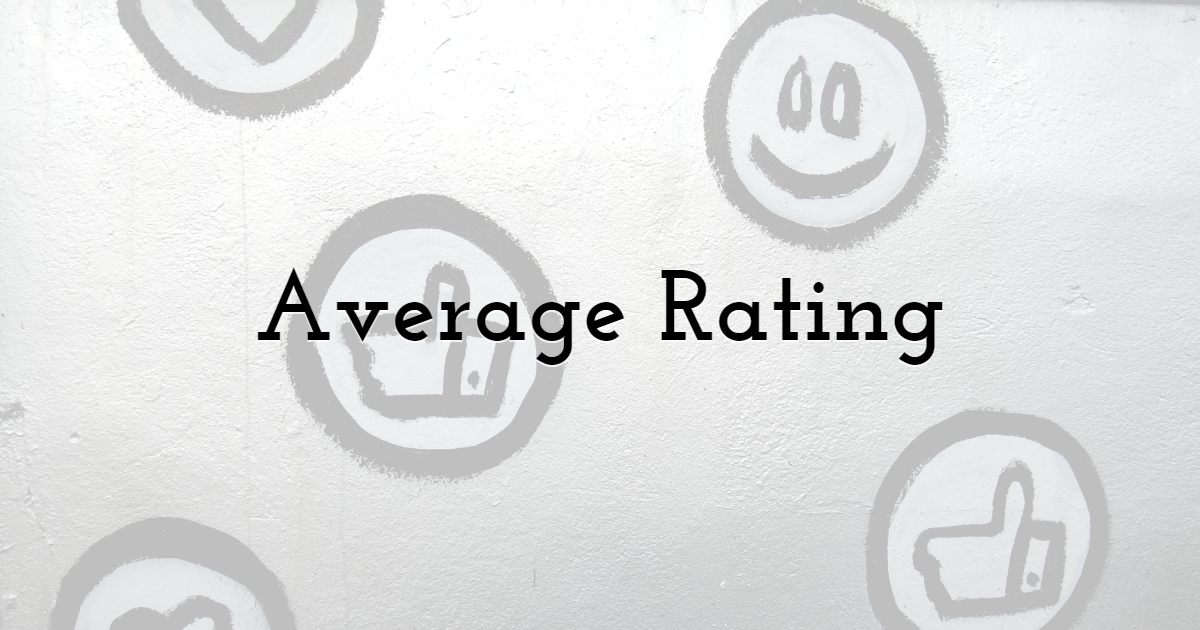
If your customers leave reviews on your Facebook page or other social media accounts, then your average rating is another great metric to track. If this figure goes down, it's important to check recent reviews so you can see if a problem has emerged with your service or product.
Tracking your social media metrics might seem time-consuming at first, but there are plenty of tools that can help. Even something as simple as an Excel spreadsheet where you record a few key metrics each week could make a big difference to the effectiveness of your social media strategy.
Until next time, Be creative! - Pix'sTory made by Jessica Perkins
Recommended posts
-

5 Ways to Get Great Content for Your Website
Read More › -

Significance of Target Audience in Designing a Strategic Webpage
Read More › -

The Secret of Killer Marketing: Email and Instagram Give Benefits When Wo...
Read More › -
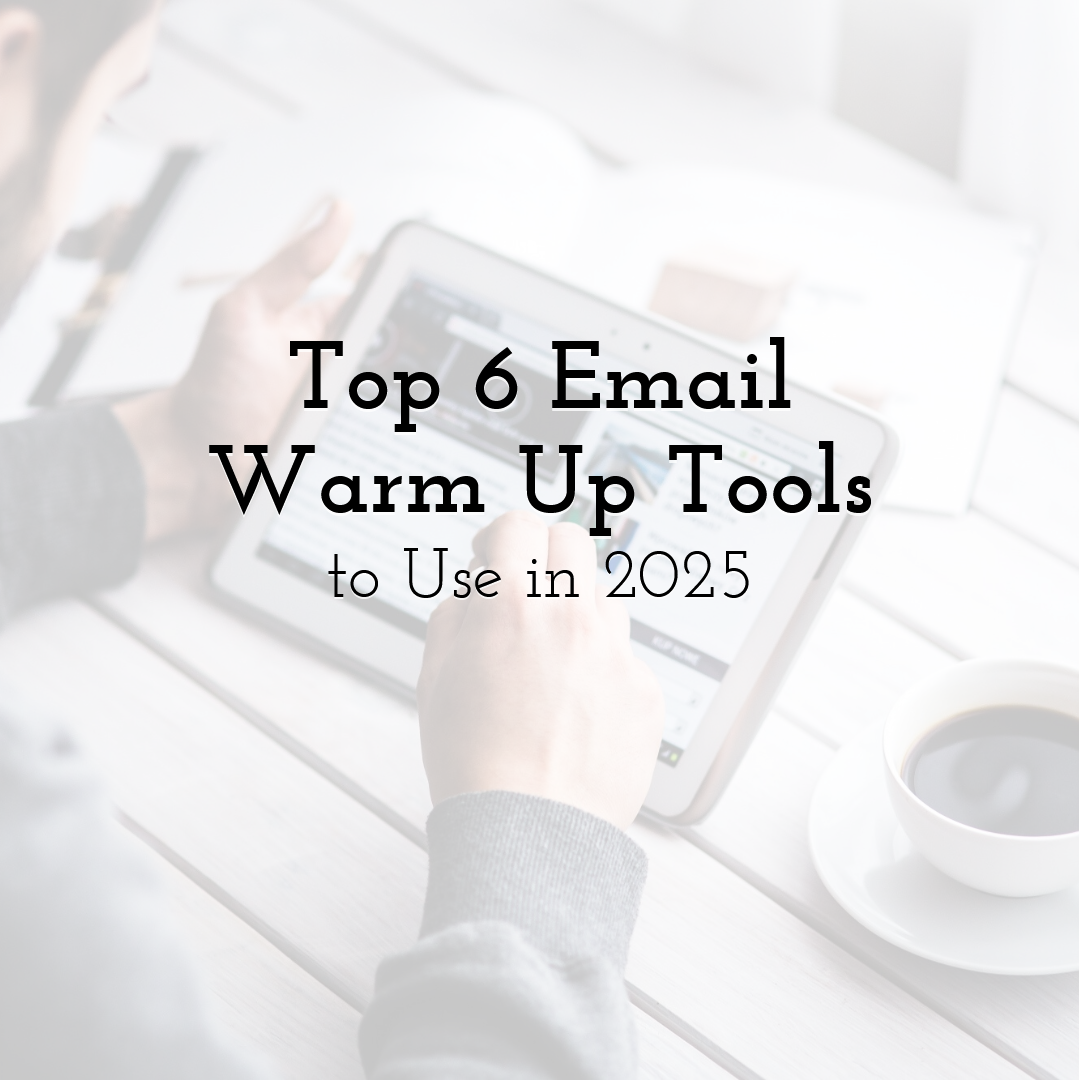
Top 6 Email Warm Up Tools to Use in 2025
Read More › -

The 5 Best Graphic Design Tips for Social Media Marketing
Read More › -
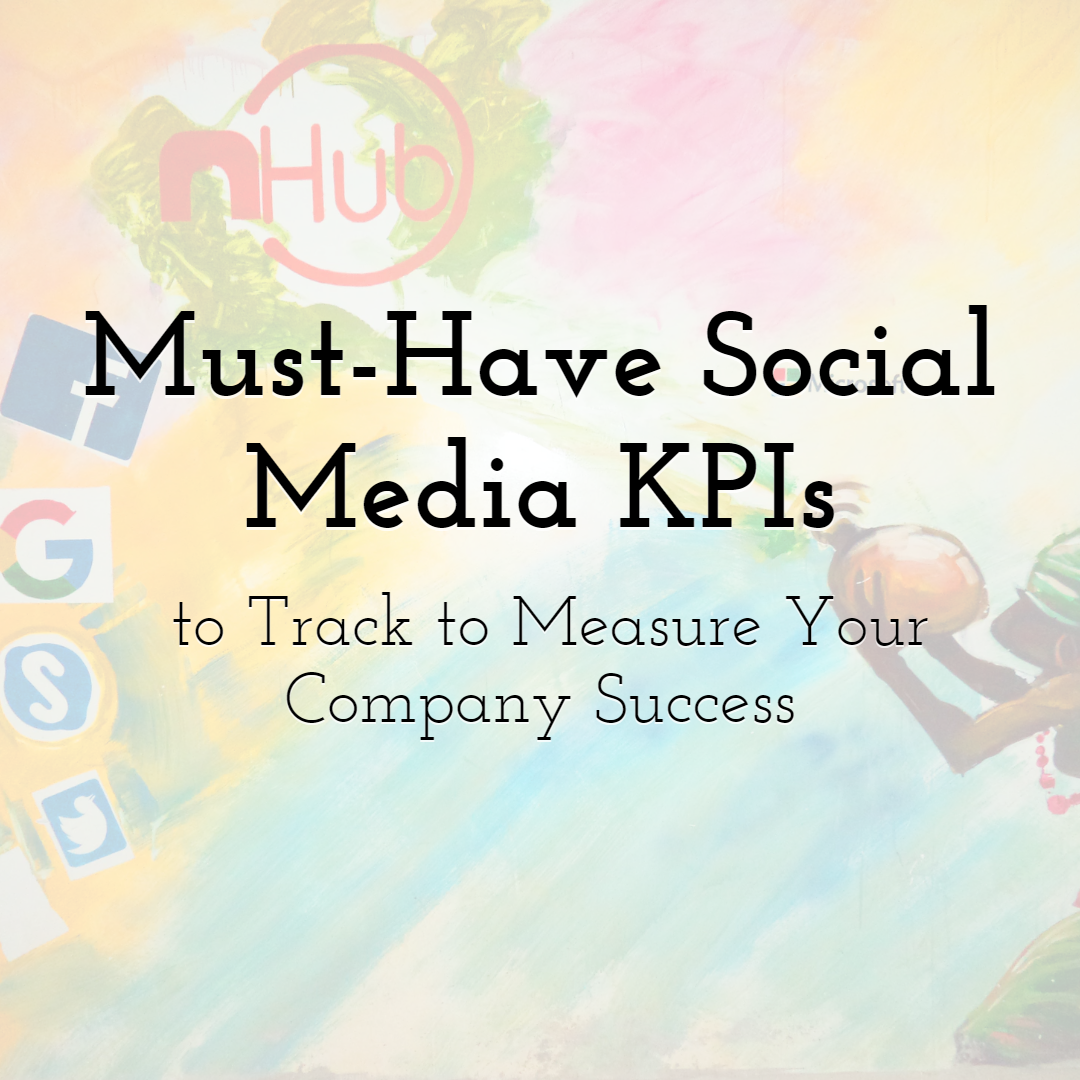
Must-Have Social Media KPIs to Track to Measure Your Company Success
Read More ›
